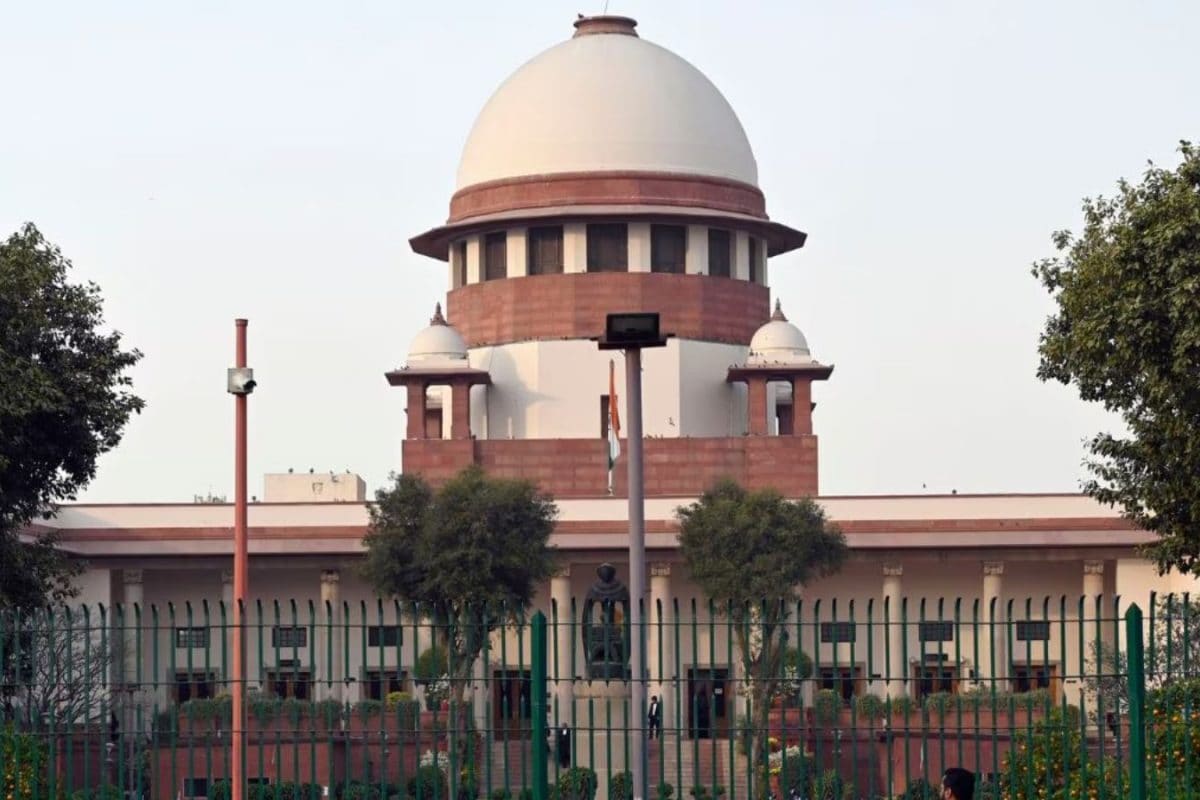

The Supreme Court of India has recently taken a strong stance in favor of providing better support and opportunities for military cadets who suffer disabilities during training. In a suo motu case, a bench of Justices BV Nagarathna and R Mahadevan urged the central government to consider implementing insurance coverage and enhanced rehabilitation schemes for these cadets. The court's intervention aims to ensure that these "braveheart cadets" are not deterred by the risk of injuries and disabilities, and that they receive adequate support to continue contributing to the nation.
The court has asked the Centre to explore the possibility of granting an insurance cover to cadets undergoing rigorous training in military institutes to deal with the risk of death or disabilities. The Justices also asked Additional Solicitor General Aishwarya Bhati, appearing for the Centre, to seek instruction on enhancing the ₹40,000 ex-gratia amount granted to cadets who get disabled during training, to help meet their medical expenses.
The Supreme Court has also called upon the Centre to explore a scheme for the rehabilitation of disabled cadets, potentially reintegrating them into the forces through desk jobs or other defense-related roles following their treatment. The court observed, "We want braveheart cadets to be in the forces. We don't want injuries or disability to be any kind of deterrent to these cadets, who undergo training after clearing various competitive examinations".
This proactive approach from the Supreme Court was sparked by a media report highlighting the struggles of cadets who were medically discharged due to disabilities sustained during training at premier institutions like the National Defence Academy (NDA) and the Indian Military Academy (IMA). The report revealed that approximately 500 officer cadets have been medically discharged since 1985, facing significant medical expenses with inadequate financial support.
One major issue is that these cadets do not qualify for ex-servicemen status, which would grant them access to the Ex-Servicemen Contributory Health Scheme (ECHS) for free medical treatment at military facilities. Without this status, they are left with an ex-gratia payment of up to ₹40,000 per month, an amount often insufficient to cover their basic needs and medical expenses.
During the proceedings, the Supreme Court considered several measures, including enhancing monthly compensation, providing insurance coverage, reassessing injured cadets after treatment for potential rehabilitation, and examining their rights under the Disability Act. The court has also suggested a lump sum amount could be considered in cases where cadets had no possibility of rejoining the services. The court has also said that rights under the Person with Disabilities Act, 2016 should be considered.
The Supreme Court has scheduled the matter for further hearing on September 4, 2025. The court has asked Additional Solicitor General Aishwarya Bhati to discuss the issues with relevant authorities and welcomed written suggestions from counsels representing disabled cadets. This collaborative approach underscores the commitment to finding a comprehensive and just solution for these "braveheart cadets," ensuring they receive the necessary support and opportunities to continue serving the nation in any capacity possible.